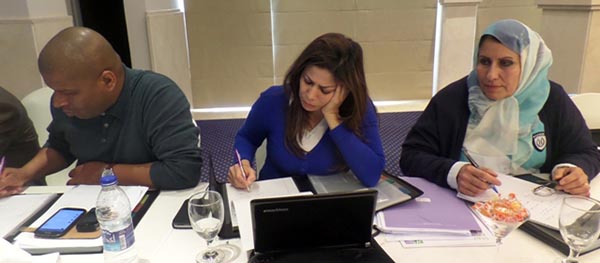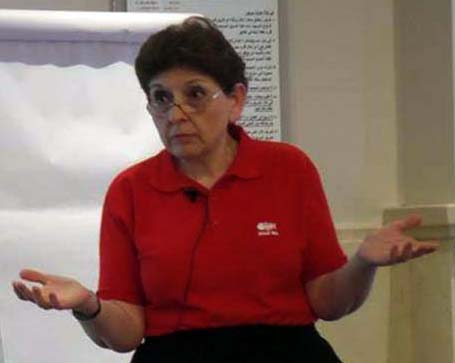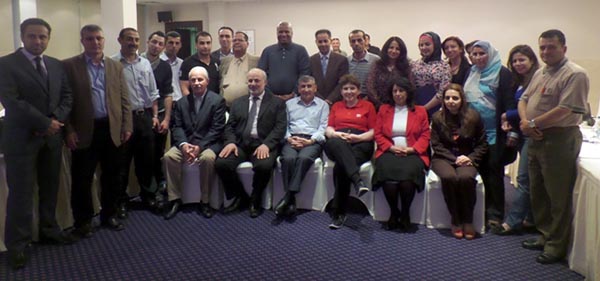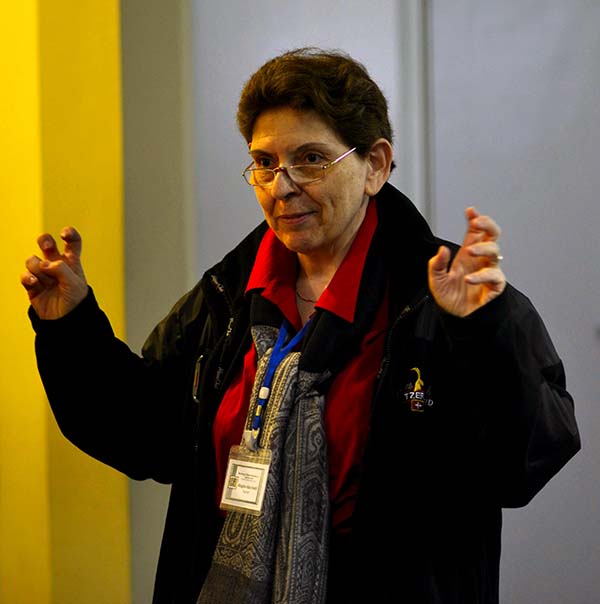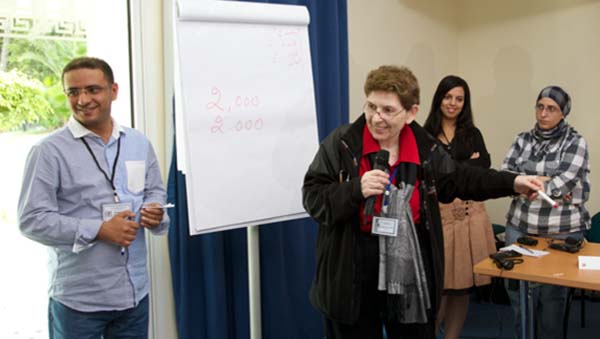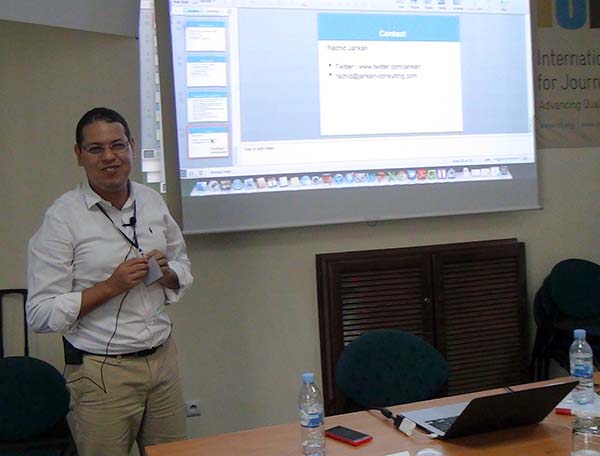Thirty-three Jordanian print, broadcast and online journalists plunged into an intensive course aimed at fine-tuning their reporting skills in coverage of public health issues by reading tables, deciphering statistics, and carefully filtering through complex demographic data.
Media Unlimited director Magda Abu-Fadil contributed to the March 2014 workshop organized by Jordan’s former director of statistics Fathi Nsour and guided by the U.S.-based Demographic and Health Surveys (DHS) Program.
The training focused on understanding Jordanian demographic survey results, the importance of math for journalists, simple rules for writing with numbers, health terminology, and general reporting guidelines.
Other experts in the fields of sociology, population, statistics and demographics were on hand to help clarify complex issues the journalists were expected to cover.
The workshop included practical math exercises, online research for primary and secondary sources, a mock news conference on public health, writing, editing, media ethics, and a general knowledge quiz.
Participants also watched relevant videos, including a segment from “About Latifa and Others,” a documentary on domestic violence by award-winning Lebanese journalist Diana Moukalled.
A major challenge was requiring the journalists to “put it all together” by reading and interpreting data, finding the story, verifying the information, not being overwhelmed by numbers, planning the story, reporting it, selecting the right headline, and simplifying complex terms for lay news consumers.
DHS is funded by the U.S. Agency for International Development. It provides technical assistance to over 90 countries to conduct large national public health surveys and disseminate results to government and non-governmental agencies for use in programs and policies.

